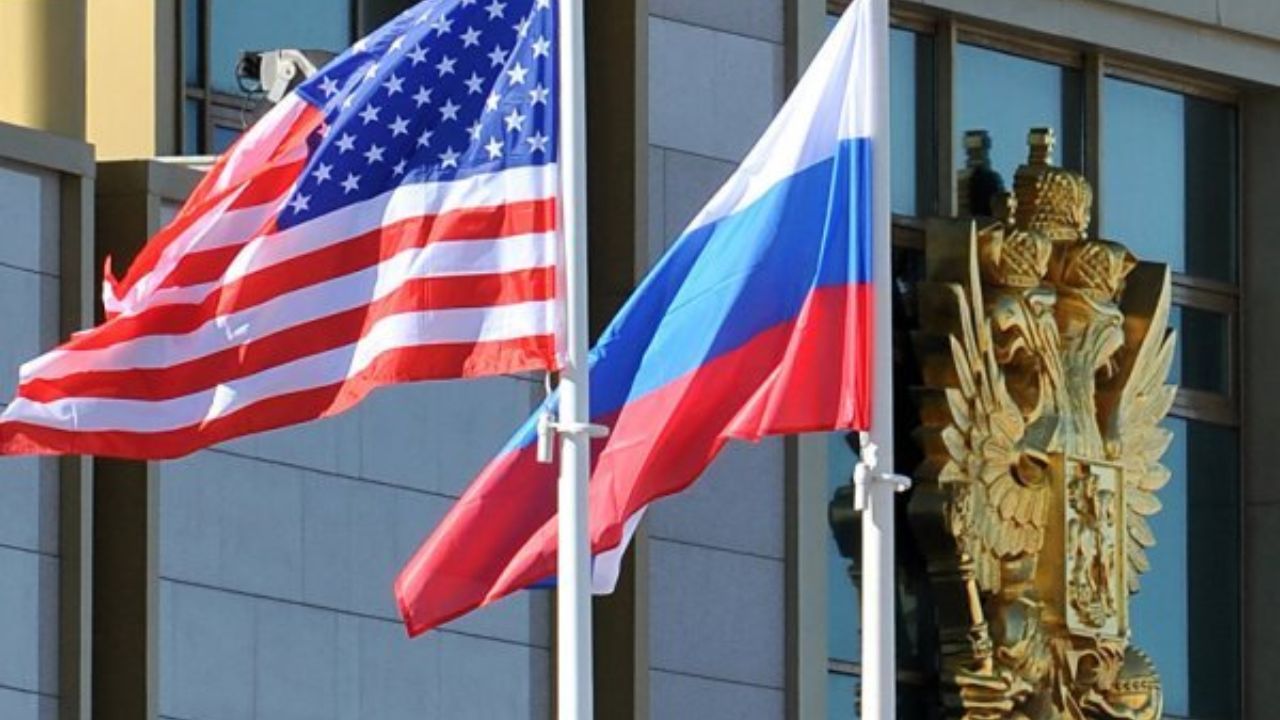Hassan Beheshtipour, in an interview with the website of the Strategic Council on Foreign Relations, while pointing to the recent tensions in the relations between Russia and the United States, emphasized: A realistic view of the relations between the two countries confirms that in their current relations an atmosphere of cold war is not prevailing, rather the two countries both interact and compete; while during the Cold War they only competed with each other.
Noting that the rivalry between the two countries sometimes intensifies and leads to conflict of interests, he added: Of course, in some cases we see cooperation between the United States and Russia, while the two countries have welcomed the summit and it seems that in June such a meeting will be held.
The analyst of Russia affairs, emphasizing that Moscow is after restoring its position as a world superpower but has not yet been able to reach the required explained: The main problem of Russia is its economic difficulties. That country, in many ways, has almost harmonized the dimensions of power, but it is far from competition in economic terms; because its economy relies on oil and gas and has not been able to expand its economic capabilities like China.
Russia after compensating economic weakness
Beheshtipour reminded: Russia was not even among the top 15 economies in the world, so it is trying to compensate in the military, political and security dimensions in order to achieve the goal of being turned into an international power in all areas and one of the reasons for the tension it has with The United States is the same demand that Putin is specifically pursuing.
Explaining some of the basics of Russia’s foreign policy, he said: We should note that Russia is strongly opposed to the US unilateralism in international relations, and in addition to itself, invite other countries such as China and India to UN-centered multilateralism and reject the bipolar and multipolar system. This issue forms the basis of several confrontations in the international and bilateral relations between the two countries.
Referring to the US sanctions against Russia on charges of cyber-attack and the US ambassador’s decision to leave Russia, he added: The US expelled 10 Russian diplomats and approved a new package of sanctions against that country, and in response, Russia, too, expelled 20 American diplomats.
Worst relationship in recent years
The expert on Russia affairs also referred to Putin’s remarks that his country’s response to US attempts would be asymmetric and violent, and the Russian foreign minister’s position that they are ready to further confront the United States and said: The two countries are now in the worst possible position of the relationship in recent years, however, tensions between Russia and the United States must be analyzed in terms of rising competition and declining cooperation.
He said Biden’s approach, as well as Putin’s actions and policies are the causes for escalation of tensions and referring to Russia’s policy towards Ukraine and Crimea, he continued: This action provokes the other side, and the United States is trying to put pressure on Russia by using the Navalny affair and strengthening pro-Western tendencies against Mr. Putin, as well as persuading Western countries to expel Russian diplomats and similar issues.
The analyst of Russia affairs described Biden’s remarks about calling Putin a killer as “very disgusting” and said: We are certainly witnessing a level of tension in relations between the two countries at the moment, however, it should be borne in mind that the approach of the two countries is interactive and their efforts are focused on managing relations. It seems that this level of tension will not exceed a certain level and will subside in the near future.
US economic inefficiency and its foreign policy
Beheshtipour assessed the limitations caused by the economic situation that the United States is facing as affecting the foreign policy of that country and its leadership role and its rivalry with China and Russia and stated: In the United States, the most important economic problem is the Coronavirus and its consequences for the economy, an issue that forced the administration to inject 2 trillion dollars into the economy to make up for the consequences. Of course, the United States did this by printing dollars, which has its implications for the US economy as well as the international economy.
Saying that problems of economic inefficiency are still plaguing the US economy and they are trying to tackle them, he said: The United States has clearly lagged behind China, one of its rivals, in facing with Coronavirus, and has engaged in political challenges with Russia.
Beheshtipour, meanwhile, stressed that in this situation the Americans are looking for projection, saying: In this internal situation, American officials are looking to engage people in foreign conflicts by raising tensions such as China and Russia, while there are still serious problems in these issues.










0 Comments